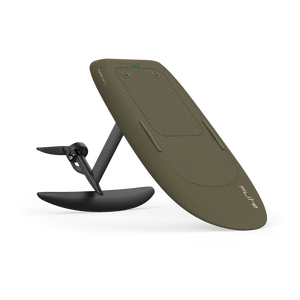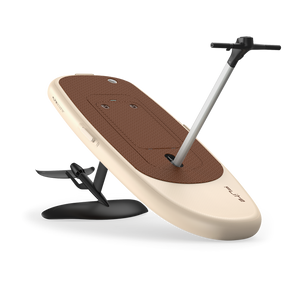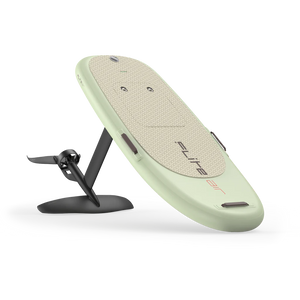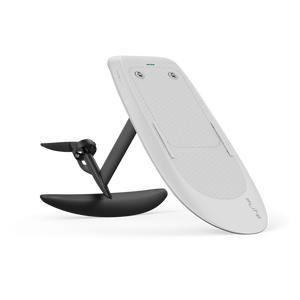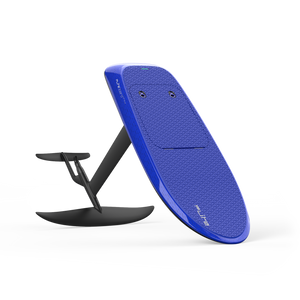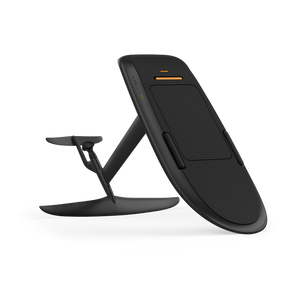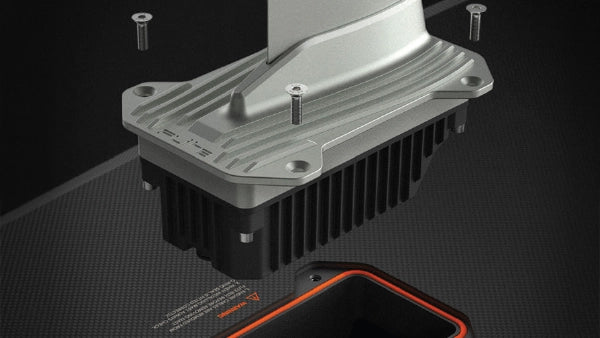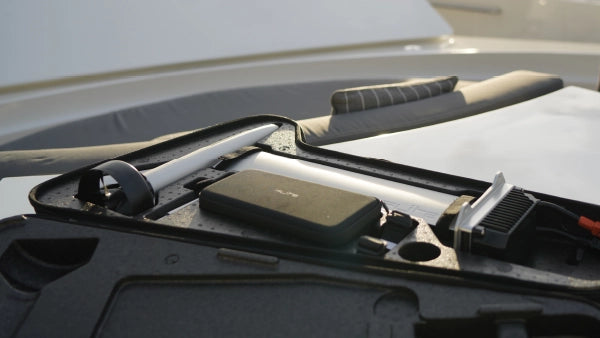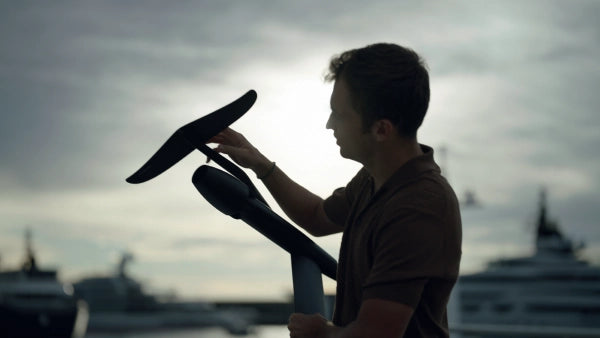Ride Calculator
Beta
When buying an eFoil, finding the right setup is crucial.
We’re often asked:
1. How fast can you go?
2. How far can you travel?
3. How long will your session last?
These answers vary and are explained through our interactive calculator*.
Simply choose a setup and drag the slider to compare results.
We’re often asked:
1. How fast can you go?
2. How far can you travel?
3. How long will your session last?
These answers vary and are explained through our interactive calculator*.
Simply choose a setup and drag the slider to compare results.
*accuracy is based on Series 4 and earlier while we wait for Series 5 data to come in.
Fliteboard Setup
Select your weight, wing set and battery to see your average foil time, distance and speed.
Board type
Rider weight
Wing set
Flitecell
Ride time
Select propulsion to compare
How do we work this out?
1. We collected real world data from riders of different weights on different setups at various speeds, using Fliteboard’s sophisticated data logging system that records more than 30 types of data 10 times per second.
2. We cross referenced this real world data with a complex software model that our engineering team created. Many variables are included such as lift, drag, wing angles, motor power and torque limits, air resistance, cavitation, etc.
The end result is dynamic plots showing the duration and distance that a Fliteboard can accomplish in different situations. The software model was then checked again against real world data, where we found it to be accurate within 10% of what Fliteboard riders should expect in most situations.
Please note that Foil Time is based on actual ‘foiling time’ with no stopping or touchdowns. By riding waves unpowered or stopping, ride time will be extended.
2. We cross referenced this real world data with a complex software model that our engineering team created. Many variables are included such as lift, drag, wing angles, motor power and torque limits, air resistance, cavitation, etc.
The end result is dynamic plots showing the duration and distance that a Fliteboard can accomplish in different situations. The software model was then checked again against real world data, where we found it to be accurate within 10% of what Fliteboard riders should expect in most situations.
Please note that Foil Time is based on actual ‘foiling time’ with no stopping or touchdowns. By riding waves unpowered or stopping, ride time will be extended.
Considerations and recommendations
Understanding ride times is only part of the process of selecting the right eFoil gear. Other factors like safety, cost, type of riding, and board weight are also important. The intention of this Ride Calculator is to help you make an informed choice about which setup is best for you.
Some example use cases:
1. A Fliteboarder might prefer long rides, or wish to share one battery charge among friends. In this case, a larger battery and our most efficient Flite Propeller would be most suitable.
2. A Fliteboarder might prioritise safety and prefer Flite Jet, despite a loss in efficiency.
3. A heavier rider uses more power to take-off and ride, and therefore should choose a large battery and Flite Propeller.
4. An experienced rider might want maximum responsiveness for riding waves. Flitecell Nano and True Glide prop are the ideal choices in this use case.
5. A smaller, lighter weight rider might want a board that is easier to carry and manoeuvre. Lighter weight riders use much less power to ride, which then makes the Nano or Sport batteries ideal choices.
6. An experienced rider might prefer to ride very fast, which consumes a lot of power, in which case the propeller and larger battery are most suitable.
The great thing about the Fliteboard product ecosystem is that everything can be interchanged, allowing riders to mix and match, and change preferences over time.
Chat to one of our team to help you decide what setup is best for your needs.
Some example use cases:
1. A Fliteboarder might prefer long rides, or wish to share one battery charge among friends. In this case, a larger battery and our most efficient Flite Propeller would be most suitable.
2. A Fliteboarder might prioritise safety and prefer Flite Jet, despite a loss in efficiency.
3. A heavier rider uses more power to take-off and ride, and therefore should choose a large battery and Flite Propeller.
4. An experienced rider might want maximum responsiveness for riding waves. Flitecell Nano and True Glide prop are the ideal choices in this use case.
5. A smaller, lighter weight rider might want a board that is easier to carry and manoeuvre. Lighter weight riders use much less power to ride, which then makes the Nano or Sport batteries ideal choices.
6. An experienced rider might prefer to ride very fast, which consumes a lot of power, in which case the propeller and larger battery are most suitable.
The great thing about the Fliteboard product ecosystem is that everything can be interchanged, allowing riders to mix and match, and change preferences over time.
Chat to one of our team to help you decide what setup is best for your needs.
Sign up to In-FliteBe in the know about early releases, new products, events and stories.
